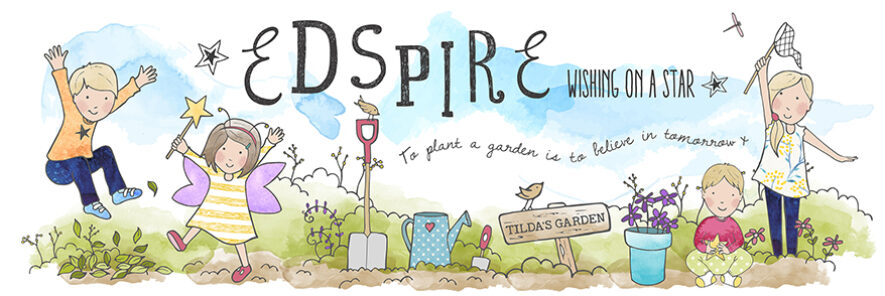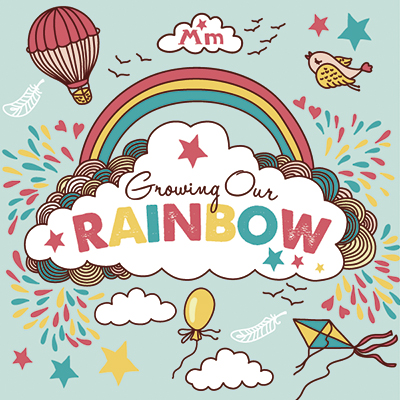Tomorrow I will be 19 weeks pregnant
I am starting to feel slight movements now
A little earlier than I did with Tilda
They are still flutters and pops at the moment
But I know that the kicks will soon come
And I know that I need to monitor them
I know I need to become familiar with them
With my baby
With her movements
I know I need to count her kicks
But how?
Today I am honoured to have a must read guest post from Count The Kicks
About fetal movements
What you can expect
And what you need to do
Count the Kicks – Who are we, what do we do and most importantly, why do we do it?
We are a UK registered charity that aims to empower mums to be with knowledge and confidence throughout their pregnancy, particularly with regard to baby’s movements. A baby’s movements indicate its wellbeing and by understanding their baby, mums can be empowered to trust their instincts and ensure the healthy delivery of their baby.
We are a small team of volunteers that was set up in 2009 by Sophia Wyatt following the stillbirth of her daughter Chloe after a spell of reduced movement (Read Chloe’s story). Determined to ensure more mums did not experience this tragedy, she founded Count the Kicks to educate mums on the importance of a baby’s movements and to help them work with healthcare professionals to bring home a healthy baby. While our aim is to reduce stillbirth rates we do not want to scare mums. We focus on the positive actions mums can take to ensure their baby is healthy.
So what do mums need to know about their baby’s movements?
One of the most important things we need to highlight to mums is that a baby’s movements should not slow down as they approach their due date. It is a very common myth that is often passed from mum to mum, forum to forum, and is simply not true. Babies should continue to keep their regular pattern of movement up to and during delivery. They do not run out of room and do not slow down to prepare for birth.
Usually their movements will gradually increase until 32 weeks when they will plateau, but not reduce. This is where a lot of popular websites give very misleading advice as they state babies movements start to slow down from 32 weeks. On a lot of commercial websites the advice does not meet the NICE or RCOG guidelines. We however have had our information leaflet approved and officially supported by the RCOG and Department of health.
So when should I start keeping track of baby’s movements?
Most women are first aware of their baby’s movements from around 18-20 weeks of pregnancy, however as every baby and pregnancy is different it may be later on for you. Movements can be kicks, swooshes, punches, flips or turns (Hiccups however are NOT classed as movements).
It is important for you to recognise your baby’s movement patterns, you can do this simply by making notes every few days from around 20 weeks. It’s difficult in the early weeks as baby’s movements vary so much, but soon you will notice a pattern and learn what is “normal” for YOUR baby. If you haven’t felt your baby move by 24 weeks contact your midwife and she can arrange an ultrasound scan to check the baby is well.
If you are busy you may not notice or remember to make note of your baby’s movements. If that’s the case we have a kick counting wristband and mobile app that can help mums keep track of their baby’s movements
How many movements should I be feeling?
There is no set number of kicks you should be feeling, what is important is that you know what is normal for your individual baby. If you notice an increase or decrease in your baby’s regular movement pattern contact your midwife. There is a common misconception that you should be feeling 10 kicks over a set period, this is no longer recommended as all babies are different. Baby’s movements can vary from 4 to over 100 every hour so counting to 10 kicks would be irrelevant for most of the population.
What do I do if I notice a change?
First try and prompt your baby as it may be that you have not noticed their movements. During your pregnancy get to know what prompts your baby’s movements. Things that may prompt your baby to kick are eating or drinking certain things like cold or hot drinks, fizzy drinks, ice or sugary food like chocolate. The reason is the digestive tract runs past the uterus and so something cold going past can stimulate the baby. However do not consume large quantities of something to prompt your baby to kick as this may give indigestion or gurgles you may mistake for movements and give false reassurance.
If your baby doesn’t move when initially prompted, Call your midwife.
Do not use a home Doppler for reassurance. A home Doppler, if used correctly, will only identify the baby has a heartbeat not that the baby is well. If you noticed someone on the street having symptoms of a stroke you wouldn’t delay calling an ambulance because you could see they still had a heartbeat. The same applies for your baby. If the reason your baby is moving less is that they are in distress you need to be seen while the heartbeat can still be detected. If you wait until you can no longer find the heartbeat it may be too late for any interventions that could potentially deliver a healthy baby.
Why are my baby’s movements important?
While there are many reasons a baby may reduce their movement such as if the mum has recently taken sedatives or pain relief medication or if the baby is lying in an awkward position, one reason is the baby is in distress.
Conditions such as placental failure, placenta abruption, true knots in the cords or anything that diminishes the flow of oxygen to the baby may cause the baby to move less. They will slow their movements to conserve their oxygen so it is important with all instances of reduced movement to see a midwife to get that ruled out.
The UK has the second worst stillbirth rate in the developed world, currently ranking 33 out of 35 similar high income countries. While there isn’t one solution to reducing stillbirth, a decrease in fetal movement is a key warning sign that the baby is struggling in the womb and early delivery could save nearly a third of stillborn babies. The Confidential Enquiry into Stillbirths and Deaths in Infancy found that lack of prompt management to reduced fetal movement was a contributing factor to stillbirth.
What do Count the Kicks do? How will it help?
We produce leaflets with important information about baby’s movements, antenatal note stickers, kick counting wristbands and a mobile app to help mums keep track of baby’s movements and we encourage them to contact their midwife or antenatal ward if they notice any change in their baby’s regular pattern of movement. Our website www.countthekicks.org.uk also has lots of information about baby’s movements.
We hope that by making more women aware of the importance of baby’s movements, more women will go and get themselves seen by a midwife if they notice a change and less and less families will be left wondering “what if…?”
I am so grateful to the team at Count The Kicks for sharing their stories and their knowledge. Please visit their website for more information about what they do and how you can get involved.


So important to remember this and keep an eye. I was always told even by midwives that it was the ten kicks rule, but both my kids were jumpy beans so I knew it was more than that for them!
Pingback: MADS 2014 Best Pregnancy Blog: The Final Five | Edspire